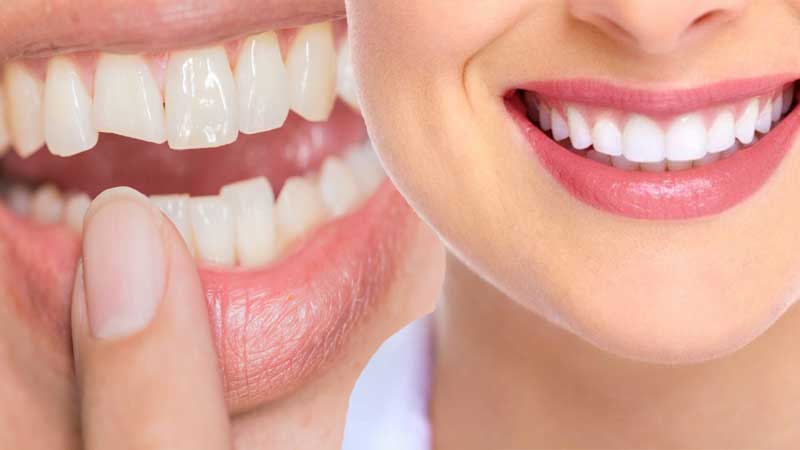Cosmetic Dentistry
Dental Bonding

Dental Bonding: Repair and Restore Your Smile
At Crystal Cusp Dental Clinic, we offer dental bonding procedures to help repair and restore your teeth. Our experienced dentists will work with you to create a personalized treatment plan tailored to your needs and goals.
What is Dental Bonding?
Dental bonding is a procedure in which a tooth-colored resin is applied to a tooth to repair or improve its appearance. It's a popular solution for teeth that are chipped, cracked, or discolored.
Benefits of Dental Bonding
1. Quick and Easy: Dental bonding is a relatively quick and easy procedure, often completed in a single visit.
2. Cost-Effective: Dental bonding is a cost-effective solution compared to other cosmetic dental procedures.
3. Natural-Looking Results: The resin used in dental bonding is matched to the color of your teeth, ensuring a natural-looking result.
What to Expect During the Dental Bonding Process
1. Consultation: We'll consult with you to determine if dental bonding is right for you and discuss your options.
2. Preparation: We'll prepare the tooth for the bonding procedure by cleaning and roughening the surface.
3. Bonding: We'll apply the tooth-colored resin to the tooth and shape it to match the natural contours of your teeth.
Applications of Dental Bonding
1. Repairing Chipped or Cracked Teeth: Dental bonding can be used to repair teeth that are chipped or cracked.
2. Improving Discolored Teeth: Dental bonding can be used to improve the appearance of teeth that are discolored or stained.
3. Closing Gaps: Dental bonding can be used to close small gaps between teeth.
FAQs
1. Q: Is dental bonding painful?
A: The procedure is typically painless, and we'll use local anesthesia if necessary.
2. Q: How long does dental bonding last?
A: With proper care, dental bonding can last for 5-10 years or more.
3. Q: Can dental bonding be used for large cavities?
A: Dental bonding is best suited for small to medium-sized cavities or repairs.
4. Q: Can I eat normally after dental bonding?
A: Yes, you can eat normally after dental bonding, but it's best to avoid biting or chewing on hard objects.
5. Q: Will dental bonding stain?
A: The resin used in dental bonding can stain over time, but regular cleaning and maintenance can help prevent this.
6. Q: Can dental bonding be used for cosmetic purposes?
A: Yes, dental bonding can be used for cosmetic purposes, such as improving the appearance of teeth that are misshapen or discolored.
